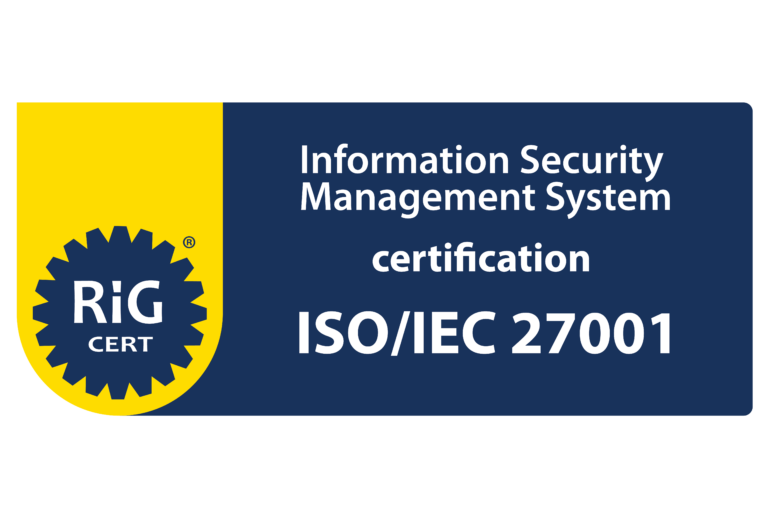The 2023 Behavioral Health Tech (BHT2023) conference marked a pivotal moment in the collective effort to enhance mental health and substance use care accessibility through technology, health equity, and innovation. Bringing together a diverse array of stakeholders, including health plans, employers, behavioral health providers, digital health companies, investors, and policymakers, the conference aimed to propel collaborative efforts beyond traditional boundaries.
Founded by Solome Tibebu, the event aspired to pave the way for a more inclusive and accessible behavioral healthcare landscape. This blog post shares the key takeaways from the conference, focusing on trends, insights, and the transformative impact on the future of mental health.
Expanding Access Through Technology
The sessions at BHT2023, such as “How Do We Know Digital Mental Health is Working?” shed light on the instrumental role of technology in broadening access to mental health care. Discussions delved into the effectiveness of digital interventions, emphasizing the importance of measurable outcomes. Thought leaders like Megan Jones Bell PsyD from Google and Anthony Sossong, MD, MS from Amwell shared insights into the digital tech space, discussing innovations that dismantle barriers to access and provide data-driven outcomes.
These discussions underscored the conference’s overarching goal of leveraging technology to reach individuals in need. We are starting to see the real impact digital technologies are making by providing access to the right care at the right time. The barriers that once made it impossible for everyone to access care, are now at their fingertips. There were mixed emotions about how we will ensure quality care with so many technologies, not be regulated. While that is not an easy question to answer, it is very promising to see this barrier solved.
Addressing Health Equity
A consistent theme throughout the conference was the imperative focus on health equity, advocating for universal access to behavioral healthcare. Engaging discussions with Bridgette R. Bell, Executive Officer with the US Army, provided first-hand insights into the mental health support for our country’s veterans, emphasizing the need for innovation through a lens of diversity. Sessions on tech-forward solutions for health equity demonstrated a commitment to addressing the unique needs of diverse populations, ensuring technology contributes to equitable mental health outcomes.
Additionally, The Pat Tillman Foundation shared its impactful work in supporting military service members, veterans, and spouses, showcasing how innovation and collaboration can generate real impact. A few years ago health equity was barely a topic discussed at conferences and now not only are people discussing it, but there is real action being taken. With technology addressing various challenges and improving access to healthcare services here are several ways in which technology is being applied in healthcare to promote health equity:
- Mobile Health Apps (mHealth): Mobile applications provide a platform for health education, disease prevention, and self-management. These apps can be designed to cater to diverse populations, taking into account cultural and linguistic differences.
- Data Sharing for Research: By aggregating and anonymizing health data, technology facilitates research efforts to understand health disparities and develop targeted interventions.
- Predictive Analytics: AI can analyze large datasets to identify patterns and predict health trends. This information can be used to target interventions in specific populations, addressing health disparities more effectively.
- Data Analysis: Technology enables the collection and analysis of data related to social determinants of health, helping healthcare providers understand and address the root causes of health disparities.
Innovation As The Driving Force
The conference celebrated innovation as a catalyst for transformative change in behavioral healthcare. Tech-forward solutions took center stage, with discussions featuring AI solutions like LANGaware providing insights into individuals’ mental health states. Companies showcased innovations in predicting therapeutic alliance, the crucial connection between healthcare providers and patients.
Examples such as Holmusk set the standard for behavioral health with best-in-class real-world evidence. BHT2023 underscored the pivotal role of innovation in shaping the future of mental health and substance use care with the focus not only on the innovations designed for patients but all stakeholders. However, the most exciting takeaway was seeing this industry fully embracing innovation.
Conclusion
The 2023 Behavioral Health Tech Conference transcended the conventional conference model, emerging as a testament to the collective commitment to advancing behavioral healthcare for all. The diverse representation and thematic sessions underscored the transformative power of technology when wielded thoughtfully.
BHT2023 not only facilitated meaningful discussions about change but also showcased tangible solutions. As attendees departed with newfound insights and connections, the impact of the conference is poised to resonate throughout the industry, steering positive change and progress in the years to come. Anticipation for BHT2024 is high, with attendees eager to continue the journey toward lasting







